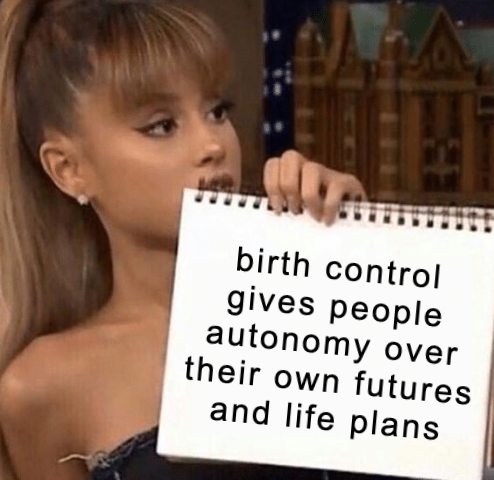this post was submitted on 20 Nov 2024
739 points (95.4% liked)
Memes
52133 readers
369 users here now
Rules:
- Be civil and nice.
- Try not to excessively repost, as a rule of thumb, wait at least 2 months to do it if you have to.
founded 6 years ago
MODERATORS
you are viewing a single comment's thread
view the rest of the comments
view the rest of the comments

One issue (and hear me out, I do support abortions, birth control and bodily autonomy!) is that, once given a choice when and how to reproduce, people don't do it as much.
Having pleasure of sex without consequences is screwing the natural incentives for reproduction.
Whether we like it or not, there should be something to support fertility if we don't want to end up in a population crisis, with a few young folks supporting the ever growing army of the elderly.
Now, this should NOT be laws prohibiting abortions, or banning any sort of contraception, but there should be some incentives for people to go, and, well, make babies. This part Republicans got right (wow), they screwed with the suggested methods.
Fixing the financial clusterfuck and letting people live in a bright and predictable world where they know their tomorrow will be good is certainly one way, but I'm afraid it's not enough. What could be the other options? I'm interested in people's opinions.
What do you mean by population crisis?
In the world it's the other way around, the demographics are still booming.
You know what came before having better birth control and lower birth rates in most developed countries, medicine and lower death rate. In most of them now both are pretty close (most because there are exceptions like Japan).
I'm not really sure i see a problem with a slight decrease in population in a place where there is already a lot of people.
Demographics is mostly booming in underdeveloped countries, with some exceptions. It is likely many of them will follow the same path going forward, and UN predictions expect just that, as far as I remember. For developed countries, the fertility rate typically sits somewhere around 1,5-1,7, significantly below 2,1 required to have a stable population. I could of course cite something like South Korea with 0,8, but that's an obvious outlier. It's bad enough as it is.
As the world remains divided, this will likely exacerbate the issue for particular countries with lower birth rate. Immigration is one answer, but it doesn't always cover the population loss, and immigrants are likely to send a lot of their income back home anyway (again, this is absolutely not a case against immigrants, I for one welcome them).
Evening out population growth over time would go a long way to maintain a healthy future.
JD, is this you?
Nah, JD is just fine with banning abortions and counts the issue solved
I'll start worrying about the "population crisis" when there are no more orphans because they've all been adopted.